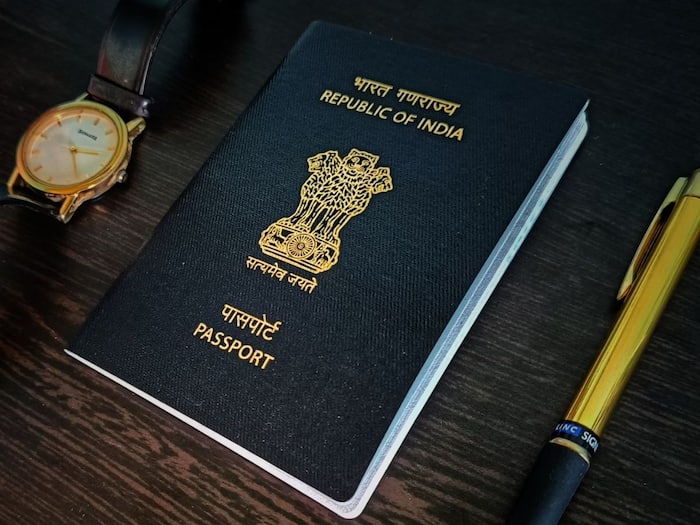
Written By Shubham Arora
Edited By: Shubham Arora | Published By: Shubham Arora | Published: Nov 18, 2025, 11:49 PM (IST)

India has begun issuing its new e-passports across the country under the Passport Seva Programme V2.0. All fresh passport applications and renewals, both in India and at missions abroad, will now receive chip-enabled booklets. The move is aimed at improving digital security, speeding up immigration checks and bringing India’s passport system closer to global standards. Travellers carrying regular passports, however, do not need to make any changes for now. Also Read: Govt Seeks Clarification From Apple As ‘Mercenary’ Spyware Threat Alerts Reach Users In India
Existing passports will continue to remain valid until they reach their expiry date. Travellers do not need to replace them early unless the booklet is damaged, pages are running out or it is time for renewal. Anyone applying for a passport now, whether in India or overseas, will automatically be issued an e-passport. Also Read: The Ultimate Guide to Replacing a Lost Indian Passport Abroad
Under PSP V2.0 and the Global Passport Seva Programme for missions abroad, e-passports are now standard for all new and renewed applications. Applicants do not have to select a separate option or fill additional forms. The upgrade has been implemented across all passport offices and Indian embassies. Also Read: Use all eDistrict services in one place
The rollout also introduces an updated passport application platform. The new website and mobile app offer features like auto-filled forms, easier document uploads, UPI and QR-code based payments and virtual assistance through AI chat and voice bots. The aim is to reduce paperwork and make the application process simpler for users.
The e-passport looks similar to the existing passport booklet with one visible difference: a small gold symbol on the cover. Inside, the main upgrade is the embedded RFID chip and antenna. The chip stores the holder’s personal and biometric information that is already printed on the data page. The data is digitally signed using Public Key Infrastructure, which helps verify identity during immigration checks and reduces the chances of fraud.
With the system now fully rolled out, all new booklets issued in India and abroad will follow the e-passport format while older passports will stay valid until their normal expiry.